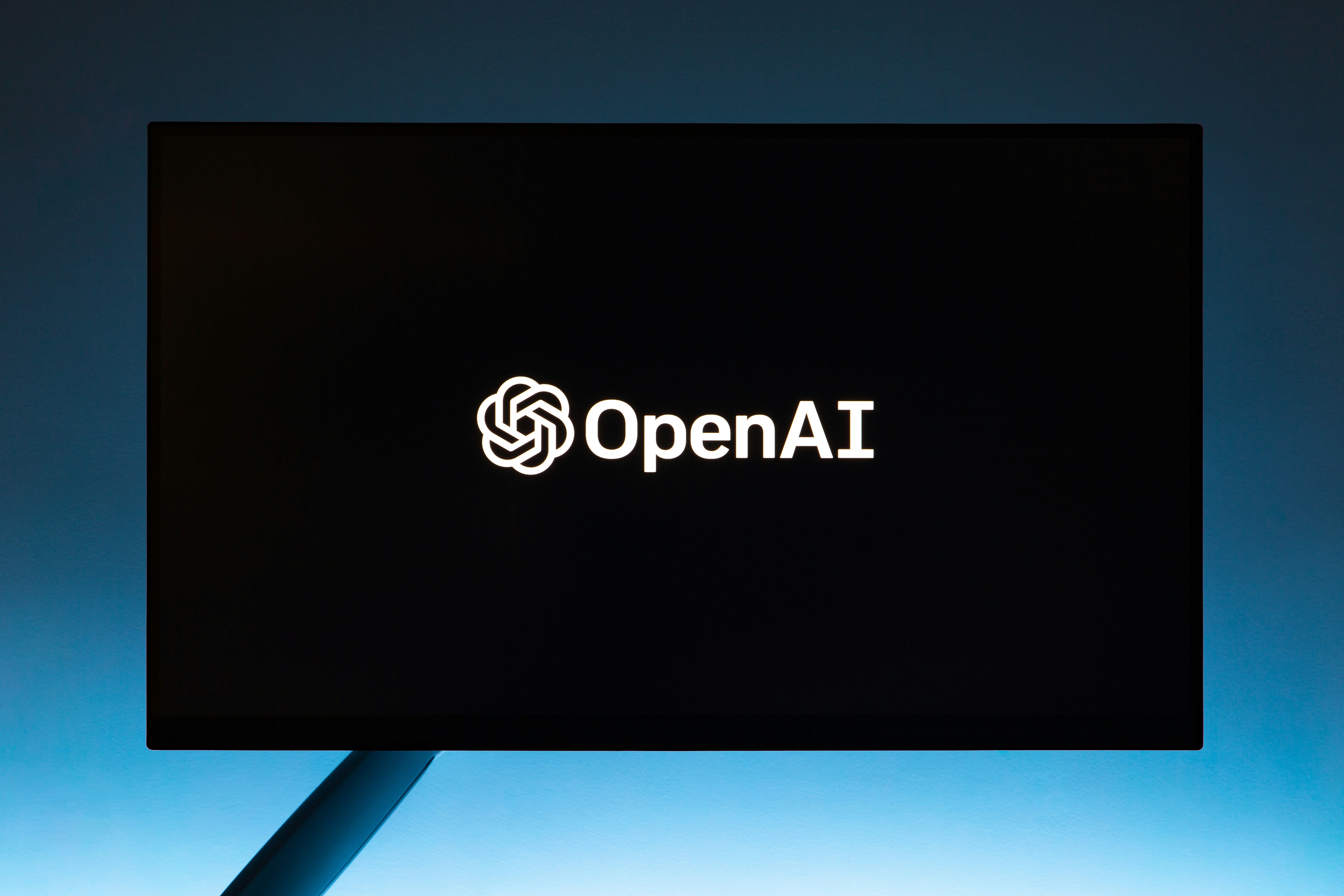OpenAIs Funding Talks With Tech Giants: Could Corporate Restructuring Be On The Horizon?

OpenAI is at a critical juncture as it engages in high-stakes funding discussions with some of the world’s most powerful tech companies, including Apple, Nvidia, and Microsoft. These talks, which could see OpenAI valued at over $100 billion, have sparked speculation about the possibility of a significant corporate restructuring. Such a move could have far-reaching implications for OpenAI’s strategic direction, operational efficiency, and role in the rapidly evolving artificial intelligence (AI) landscape.
The Role of Corporate Structure
OpenAI’s current corporate structure is designed to balance its ambitious mission of ensuring that artificial general intelligence (AGI) benefits all of humanity with the practicalities of operating as a cutting-edge research and development organization. Initially established as a non-profit, OpenAI transitioned to a “capped-profit” model in 2019 to attract the substantial investment required to scale its operations and advance its AI projects. This structure allows OpenAI to generate returns for investors while still prioritizing its ethical mission.
However, as OpenAI continues to grow and its ambitions expand, the limitations of its existing structure may become more apparent. The need for greater scalability, more robust governance mechanisms, and enhanced engagement with investors could drive the company to consider restructuring. A revised corporate structure could better position OpenAI to manage the complexities of its operations and meet the expectations of new and existing stakeholders.
Investor Influence
The involvement of tech giants like Apple, Nvidia, and Microsoft in OpenAI’s latest funding round could significantly influence the company’s strategic decisions. These companies are not only looking to invest in OpenAI’s groundbreaking technology but also to align OpenAI’s capabilities with their own business goals. As a result, these potential investors might push for changes in OpenAI’s corporate structure to ensure their investments align with broader market opportunities and technological advancements.
For instance, investors may advocate for restructuring to facilitate more streamlined decision-making processes, enhanced financial oversight, or increased transparency in how resources are allocated. These changes could help OpenAI scale more effectively and leverage the resources and expertise of its new partners. However, such shifts might also come with demands that could impact OpenAI’s mission and operational autonomy.
Comparative Analysis
OpenAI’s situation is not without precedent. Several other tech companies have undergone corporate restructuring in response to large funding rounds or high valuations. For example, Google’s restructuring into Alphabet in 2015 allowed the company to manage its diverse business units more effectively while providing greater transparency to investors. Similarly, Tesla’s restructuring efforts over the years have aimed to streamline operations and better align the company’s ambitious goals with market realities.
These case studies illustrate how corporate restructuring can be a powerful tool for scaling operations, aligning with investor expectations, and adapting to market dynamics. However, they also highlight the potential challenges, such as maintaining company culture, protecting innovation, and managing stakeholder interests during and after the restructuring process.
What’s at Stake?
For OpenAI, the potential restructuring comes with both risks and rewards. On the one hand, restructuring could enhance OpenAI’s ability to scale its operations, attract and manage large-scale investments, and better navigate the competitive AI landscape. It could also provide a clearer path to aligning the company’s mission with the financial and strategic goals of its investors.
On the other hand, restructuring could pose risks to OpenAI’s mission-driven culture and its commitment to ensuring that AGI benefits humanity as a whole. Changes to the corporate structure might lead to shifts in priorities, potentially placing more emphasis on profit generation at the expense of ethical considerations. Additionally, restructuring could impact OpenAI’s innovation capacity, as the company adjusts to new governance models and investor expectations.
The broader implications for the AI industry are also significant. As a leader in AI research and development, OpenAI’s decisions could set precedents for other companies in the sector. A successful restructuring could pave the way for more investment and innovation in AI, while also raising questions about the balance between profit and ethical responsibility in the development of transformative technologies.
Conclusion
As OpenAI continues its funding talks with tech giants like Apple, Nvidia, and Microsoft, the possibility of corporate restructuring looms large. Such a move could have profound implications for OpenAI’s future, influencing everything from its strategic direction to its role in the global AI landscape.
While restructuring could help OpenAI scale and align more closely with investor goals, it also carries risks that could impact the company’s mission and operational autonomy. The decisions made in the coming months will not only shape OpenAI’s trajectory but could also have a lasting impact on the broader AI industry.
In the end, whether or not OpenAI undergoes corporate restructuring, the outcomes of these funding talks will be closely watched by stakeholders across the tech industry, as they could signal significant shifts in how AI innovation is funded, developed, and governed in the years to come.
Author: Ricardo Goulart
Ai Beginning To Deliver On Promise
For all the excitement surrounding artificial intelligence, its most immediate impact in the workplace has been measured... Read more
Parallel Banking: Stablecoins Are Now Global
Parallel Banking: How Stablecoins Are Building a New Global Payments SystemStablecoins—digital currencies pegged to tr... Read more
Reassessing AI Investments: What The Correction In US Megacap Tech Stocks Signals
The recent correction in US megacap tech stocks, including giants like Nvidia, Tesla, Meta, and Alphabet, has sent rippl... Read more
AI Hype Meets Reality: Assessing The Impact Of Stock Declines On Future Tech Investments
Recent declines in the stock prices of major tech companies such as Nvidia, Tesla, Meta, and Alphabet have highlighted a... Read more
Technology Sector Fuels U.S. Economic Growth In Q2
The technology sector played a pivotal role in accelerating America's economic growth in the second quarter of 2024.The ... Read more
Tech Start-Ups Advised To Guard Against Foreign Investment Risks
The US National Counterintelligence and Security Center (NCSC) has advised American tech start-ups to be wary of foreign... Read more

